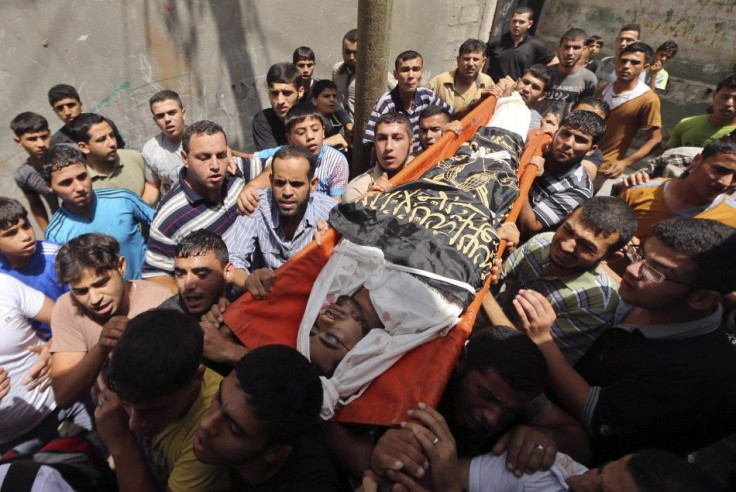Suspected Australian Jihadist, Deported from Philippines, Reaches Melbourne

Australian preacher Musa Cerantonio, who is suspected to endorse "jihad" in Syria and Iraq, arrived in Melbourne. The Philippine authorities earlier deported Musa after keeping him under surveillance in the South-Asian country since February 2014. Musa was arrested two weeks back in Lapu-Lapu, a city in central Philippines.
The Attorney-General's Department in Australia, on the other hand, clarified that the suspected "jihadist" would walk free in the country. According to the department, the preacher was not found to violate "Commonwealth legislation." Musa, however, will be constantly monitored in his own country. "The AFP continues to assess material this individual has placed on social media to determine, whether it may be in breach of Commonwealth laws," said the Attorney-General's Department.
Musa, originally named as Robert Edward Cerantonio, was born in a Catholic family. He embraced Islam when he was 17. Musa, one of the highly influential forces on the web that support Islamist "war against infidels," is accused of influencing people over the Internet to join the political battle in the Middle-Easters countries. Several Western countries consider the "jihadist" organisations in Syria and Iraq as terrorist establishments.
The 29-year-old preacher was arrested in Philippines for not having legal documents to stay in the country only four days after Australia had cancelled Musa's passport on July 7. According to Siegried Mison, the chief of the Bureau of Immigration in Philippines, four escorts accompanied Musa on a Philippine Airlines flight while he was deported to Melbourne. The Philippines authority earlier said that Musa's activities related to the jihadist movement in the Middle-East posed "a risk to public interest."
In an earlier report, Musa was called as a major "spiritual authority" for the foreign rebels fighting in Syria and Iraq. One foreign fighter in every four apparently follows Musa's Twitter account. The International Centre for the Study of Radicalisation report, on the other hand, made it clear that there was hardly any evidence against Musa that might prove that he was supplying jihadists to the battling countries.
Contact the writer: s.mukhopadhyay@ibtimes.com.au





















